May 24th Video Chat
Good Friday, to one all!
Our second Jitsi video chat is at hand.
We will gather on Sunday, May 24th @ 1pm Louisville (Eastern) time
Message me if you don't have the link and password.
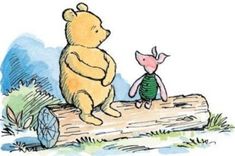
Although this will be another "free range" conversation. some have asked for a bit focus.
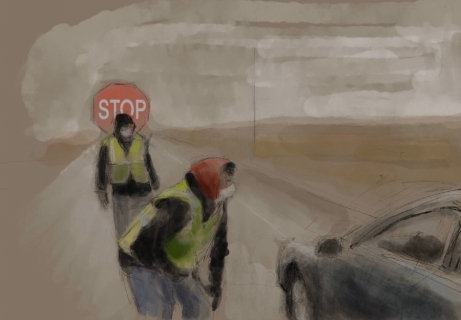
“One Nation, Indivisible” excerpts from The Sun’s archives that speak to the current political moment.
Between 200 and 600 million of the earth’s people belong to indigenous societies, comprising as many as five thousand different languages and cultures. Environmentalists and conservationists have increasingly looked to indigenous societies as models for the sustainable stewardship of natural resources. These people are the miner’s canary of the human family: in direct dependence on nature, they are the first to suffer the effects of pollution, degradation, and exploitation.
“The True, Original First World,” Ralph Metzner, December 1995

The elites make a big mistake when they dispossess the working poor. They seem to believe that further dispossession will kill the poor people’s spirit. But dispossessed people are angry people. Think about the courage of the poor who continue to occupy the land that the rich have stolen from them, even in the face of severe repression by private armies and police forces and death squads. We call them the “landless,” but they are the ones who have earth in the cracks of their heels and under their fingernails. Their smell is of the land, and their blood washes the land for which they are killed. Look at them and tell me who has a right to the land.
“Amid Plenty,” Anuradha Mittal, interviewed by Derrick Jensen, February 2002
Some members of the Lakota nation have set up the Yellow Thunder encampment to claim back a portion of the land that is rightfully theirs. This is an active protest to the corporations that are trying to strip-mine uranium from the [Black] Hills. This is a sacred land. It’s like drilling for oil in the Vatican!
“An Interview with Medicine Story,” manitonquat (Medicine Story), interviewed by Howard Jay Rubin, September 1981
The Plains Indian way of life was based on the buffalo. When it was gone, their culture was gone. The same will be true of our culture. . . . Just as the Indians’ culture died because the buffalo was the coin of their culture, our culture will die because oil is the coin of our culture.
Correspondence, Paul Trumm, February 1980
As a young person, in order to enter academia and learn to understand plants and work with plants, I was in a sense colonized, assimilated into the scientific way of knowing. My notion that plants could be persons, could be teachers — that had to go; it had no place in academia at that time. I was taught that the land does not have a spirit. The land is made up of molecules that we can look at under the microscope. My professors colonized my mind: “This is the way you should think.” It’s not unlike what my grandfather experienced at the Carlisle Indian [Industrial] School. It took me a long time to reclaim an indigenous way of knowing, but that restoration has shaped my life’s work.
“Two Ways of Knowing,” Robin Wall Kimmerer, interviewed by Leath Tonino, April 2016
Many aboriginal critics of contemporary culture believe that the environmental crisis is exacerbated by [Western] culture’s neglect to honor the profound gift given from prey to predator. But how can we honor something we do not recognize? In fact, there can be no honoring until we first learn to acknowledge the sentience of other creatures. Inuit people in the High Arctic express real fear over the consequences of a dominant civilization bent on denying the value of ancient beliefs about animal and plant sentience. They believe that unless modern peoples are able to revitalize and redefine these same aboriginal perceptions about ecosystems existing as neighborhoods — and on a global scale — none of us has much hope of surviving.
“The Sentient Garden,” Jim Nollman, September 1994
People want to believe that the Western Hemisphere, and North America in particular, was vacant, unexploited, fertile land waiting to be cultivated according to God’s holy dictates. The hemisphere thus belonged to whoever was able to “rescue” it from its wilderness state. We see the same rationalization at work today in the Amazon and elsewhere. If the Indians were not the original inhabitants of this continent but relative latecomers who had barely unpacked when Columbus came knocking on the door, then they had no real claim to the land and could be swept away with impunity. Thus, science justifies history and eases the guilt over five centuries of violence. Even today, I hear some non-Indians say, “Well, aren’t we all immigrants from somewhere?” The short answer is no. By making Indians immigrants to North America, Westerners are able to deny the fact that this is our continent.
“Where the Buffalo Go,” Vine Deloria, interviewed by Derrick Jensen, July 2000
Why are we totally insensitive to the needs of the vast majority of people on the planet? Is it because of American character? I say no. The British would do the same thing, and did when they were the largest colonial power. So would the French, the Dutch, the Turks. And if the Arab countries or the Chinese become the dominant world economic force in the future, they will do the same. I don’t believe it’s character. I believe it is the result of a global economic and political system that advances the interests of the few at the expense of the many. We need to democratize that global system rather than criticize our fellow Americans.
“Loving the Stranger,” Rabbi Michael Lerner, interviewed by Mark Leviton, September 2012
We all come from indigenous roots, although most of us are far removed from them, and indigenous consciousness sees itself as at one with its place, which includes people, animals, plants, air, water, the sun, the stars, the moon, the elements. We all come from that unified consciousness. But industrialization and colonialism created separation syndrome. It’s been passed down from generation to generation, getting more potent with each one. Just as alcohol or a tincture gets stronger when it’s distilled, so does this disease in our consciousness. The farther removed from the oneness we are, the more we believe that separation is inevitable. The many problems in our world — nuclear power, war, genetically modified foods, pesticides, the prison-industrial complex — are all symptoms of separation syndrome.
“The Butterfly Effect,” Julia Butterfly Hill, interviewed by Leslee Goodman, April 2012
Many forms of behavior and ritual in indigenous cultures show the sense of connection the people feel with the world around them. We can learn something from this, but as Westerners I’m not sure we can fully experience it. The sense of being part of the land, instead of an observer or an environmentalist, is probably what some of us are seeking, but I wonder if we will ever find it. The Indian’s love of the earth has nothing to do with environmentalism. We can’t consciously adopt Indian attitudes toward nature because traditional people don’t have any attitudes toward nature. They are nature. Wilderness is a false concept to them. They have no word for it.
“At Home in the World,” Peter Matthiessen, interviewed by Jonathan White, January 1995
"Our History is the Future," Nick Estes
In the age of pandemic, contemporary political disfunction meshes with unending ethnic conflict.


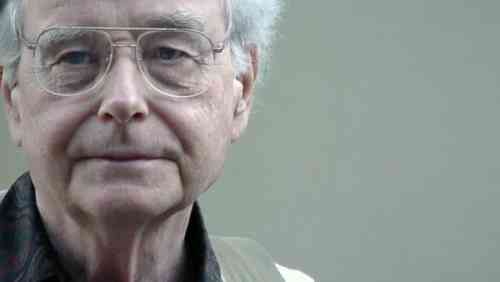
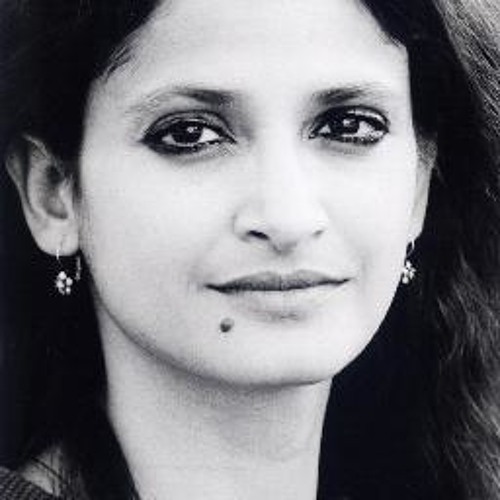
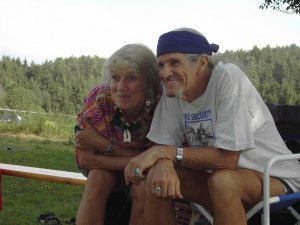


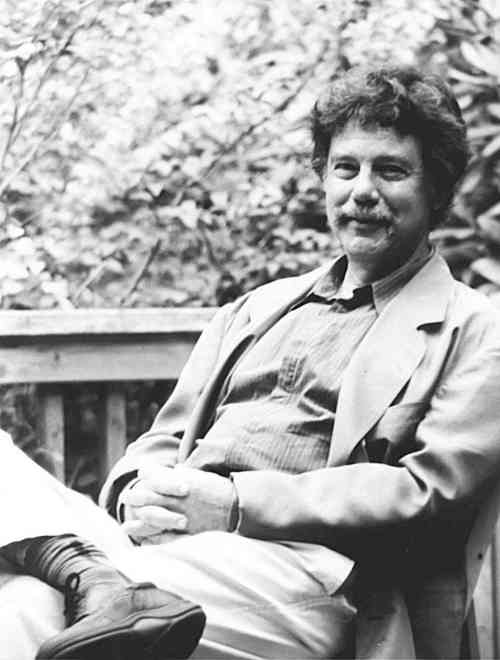
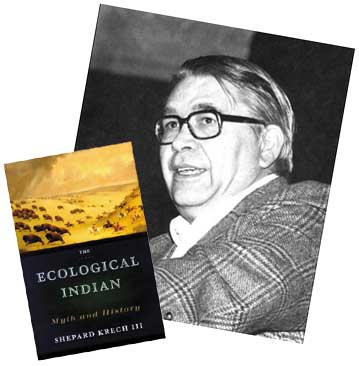
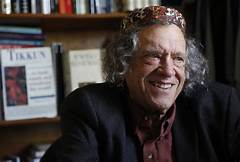
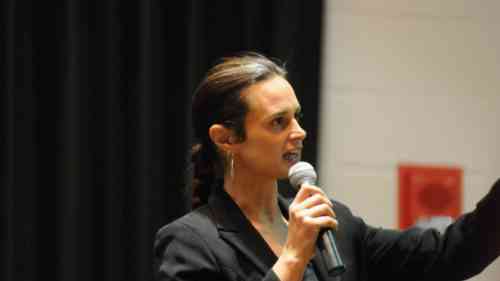
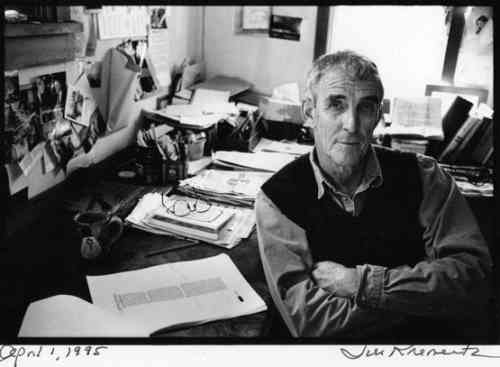

Comments
A couple of things
I shot 12 weeks of meetings with Julia Butterfly Hill for a documentary for her What's Your Tree foundation about a decade ago. She is really something to experience in person. I hate "western culture", that is all...
C99, my refuge from an insane world. #ForceTheVote